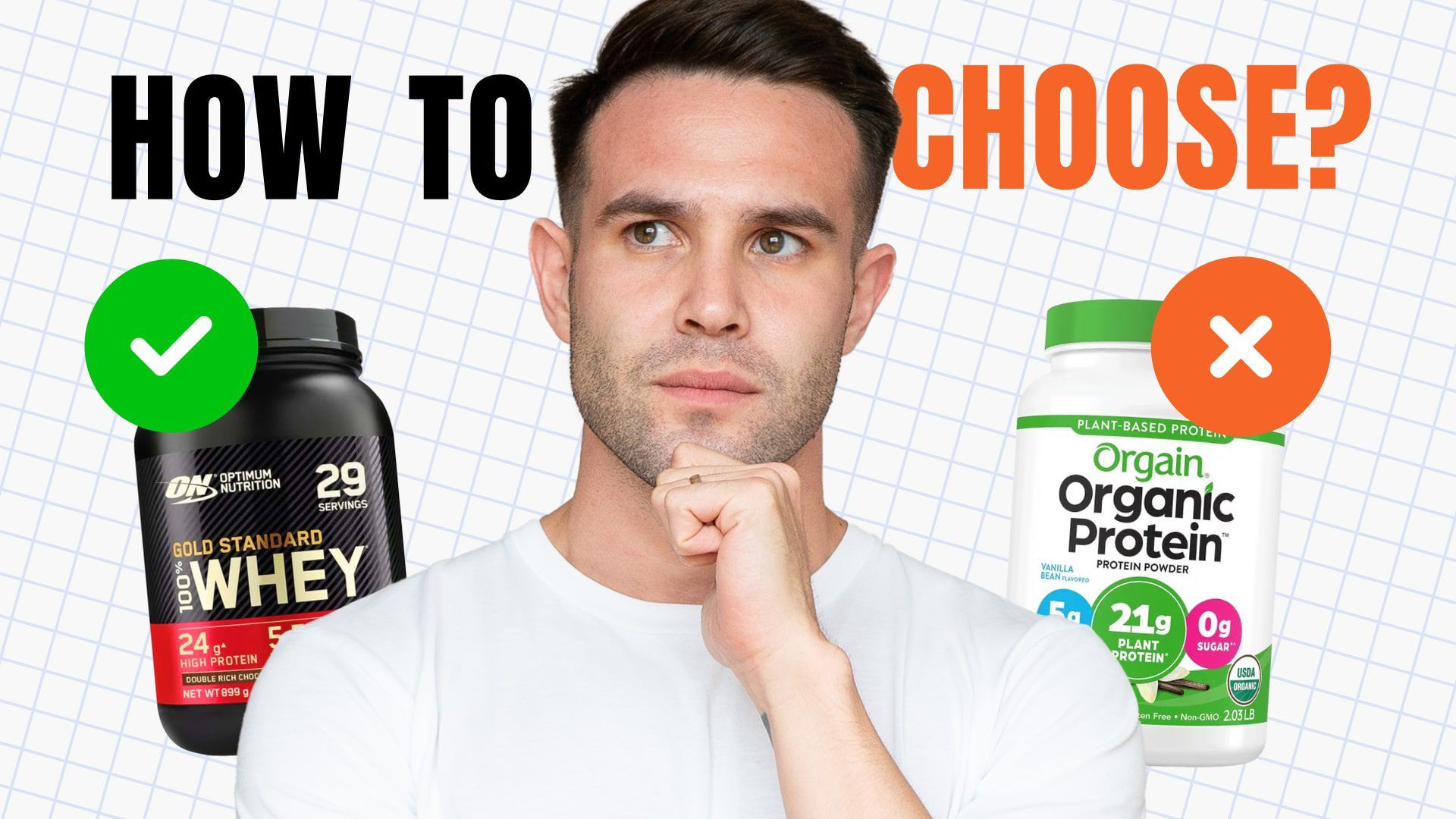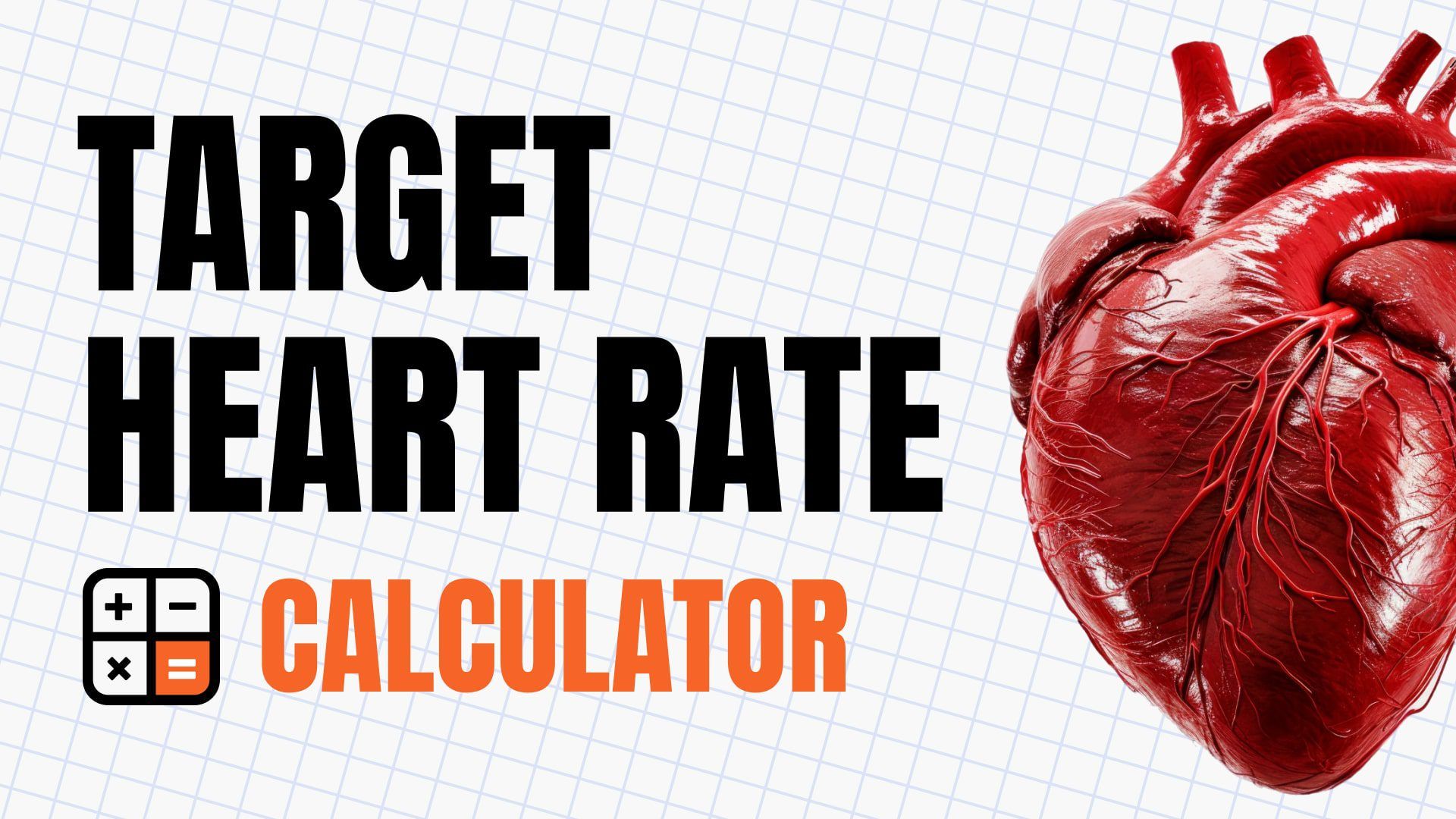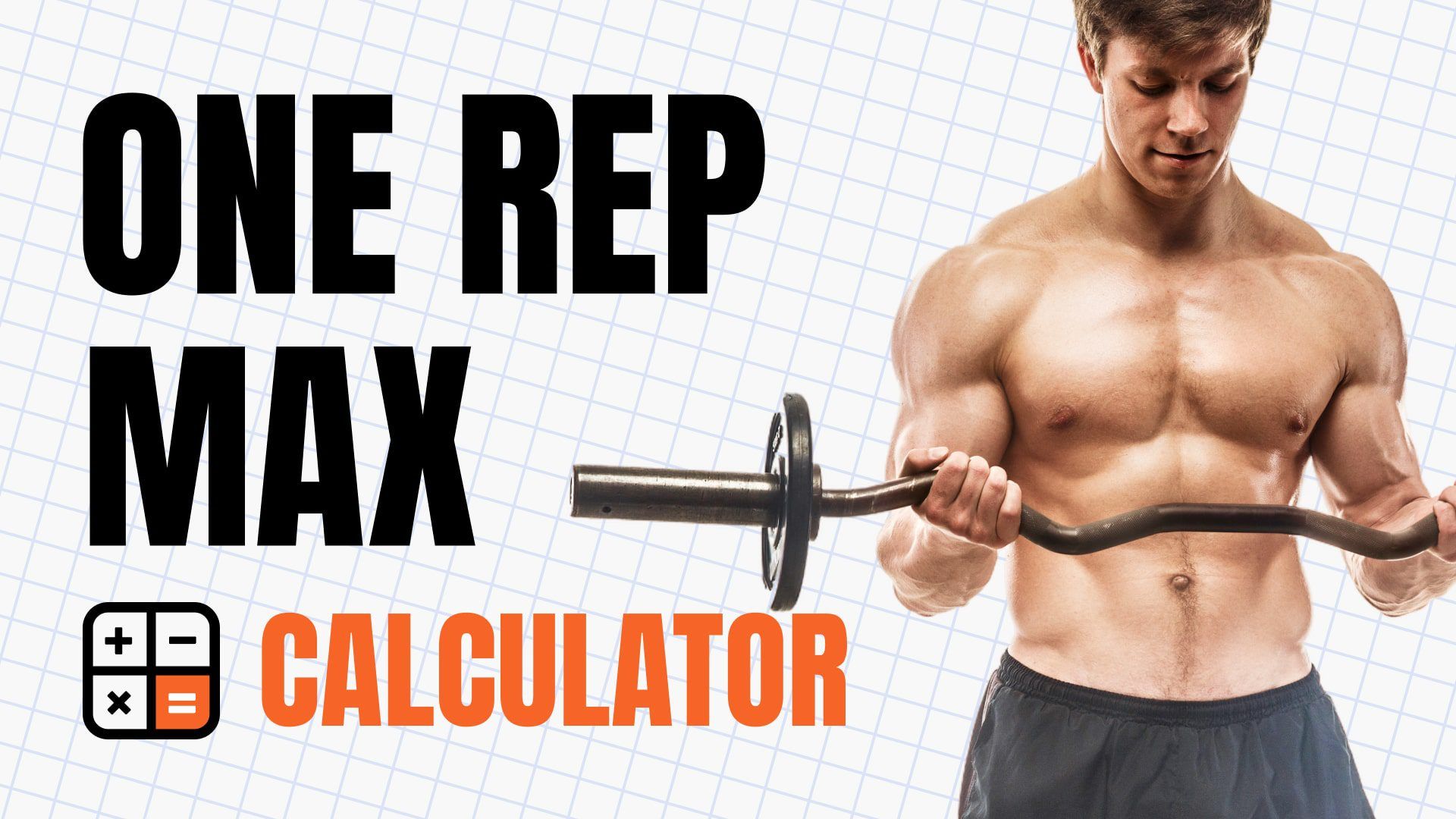Table of contents
In this article, you will learn
Protein plays a vital role in your workout routine, helping to enhance performance, support muscle growth, and speed up recovery.
In this article, you’ll discover the benefits of consuming protein before and after workouts, learn about optimal timing and amounts, and get practical tips for incorporating protein into your fitness regimen.
Importance of Protein Around Workouts
Consuming protein around your workouts can significantly impact your exercise performance and recovery.
Role of Protein in Exercise Performance
Protein supports your energy levels and endurance during workouts, helping you get the most out of your exercise sessions.
- Energy and Endurance: Protein provides amino acids that help maintain muscle function and strength during exercise.
- Muscle Support: Adequate protein intake ensures your muscles have the necessary building blocks to perform optimally.
Role of Protein in Recovery
Protein is crucial for muscle repair and growth after workouts, reducing muscle soreness and speeding up recovery.
- Muscle Repair: Protein helps repair the tiny tears in muscle fibers caused by exercise, leading to stronger muscles.
- Reduced Muscle Soreness: Consuming protein after workouts can reduce delayed onset muscle soreness (DOMS), helping you recover faster and feel less stiff.
Pre-Workout Protein
Eating protein before your workout can provide numerous benefits that enhance your exercise performance.
Benefits of Pre-Workout Protein Intake
- Amino Acid Availability: Consuming protein before a workout ensures your muscles have a supply of amino acids to draw from during exercise.
- Enhanced Energy Levels: Protein can help maintain stable energy levels throughout your workout, preventing fatigue.
Optimal Timing and Amount
- When to Consume: Aim to eat a protein-rich meal or snack about 1-2 hours before your workout.
- Recommended Intake: Consuming 15-25 grams of protein before a workout is typically sufficient, depending on your body size and exercise intensity.
Best Pre-Workout Protein Sources
- Examples of Foods: Greek yogurt with fruit, a protein shake, a small serving of chicken or turkey, or a handful of nuts.
- Supplements: Whey protein shakes are convenient for a quick pre-workout protein boost.
Post-Workout Protein
Consuming protein after your workout is crucial for stimulating muscle protein synthesis and aiding recovery.
Benefits of Post-Workout Protein Intake
- Muscle Protein Synthesis (MPS): Eating protein after exercise helps kickstart the process of muscle repair and growth.
- Faster Recovery: Protein intake post-workout can reduce muscle soreness and speed up recovery, allowing you to get back to your workouts sooner.
Optimal Timing and Amount
- When to Consume: Aim to eat a protein-rich meal or snack within 30 minutes to 2 hours after your workout.
- Recommended Intake: Consuming 20-40 grams of protein after a workout is typically adequate for promoting muscle repair and growth.
Best Post-Workout Protein Sources
- Examples of Foods: Grilled chicken with quinoa, a protein smoothie with whey protein, fruits, and spinach, or a tofu stir-fry with vegetables.
- Supplements: Casein protein shakes are beneficial for sustained amino acid release, especially if your next meal is several hours away.
Scientific Evidence Supporting Protein Timing
Numerous studies have highlighted the benefits of protein timing for muscle building and recovery.
Key Studies and Findings
- Harvard T.H. Chan School of Public Health: Research indicates that protein intake around workouts supports muscle growth and enhances recovery.
Harvard T.H. Chan School of Public Health: Protein - National Institutes of Health (NIH): Studies show that consuming protein before and after exercise is crucial for muscle repair and growth.
NIH: Timing of Protein Intake - Journal of the International Society of Sports Nutrition: This review confirms that protein timing significantly impacts muscle hypertrophy and strength gains.
JISSN: Protein Timing - American Journal of Clinical Nutrition: Evidence suggests that the timing of protein intake is vital for maximizing muscle recovery and performance.
AJCN: Effects of Protein Timing - Journal of Applied Physiology: Research on nutrient timing shows that consuming protein around workouts can enhance exercise performance and recovery.
Journal of Applied Physiology: Nutrient Timing
Practical Tips for Pre- and Post-Workout Protein Intake
Here are some practical tips to help you optimize your protein intake around workouts.
Combining Protein with Other Nutrients
Balanced Nutrition: Pair protein with carbohydrates and healthy fats for balanced pre- and post-workout meals.
Sample Meal Ideas:
- Pre-Workout: A small smoothie with protein powder and banana or Greek yogurt with berries.
- Post-Workout: Grilled chicken with sweet potatoes, steamed vegetables, or a protein shake with spinach and fruit.
Protein Supplements: When and How to Use Them
Protein supplements can be a convenient way to meet your protein needs around workouts.
- Types of Supplements: Whey protein for quick absorption, casein protein for sustained release, and plant-based protein for dietary preferences.
- Incorporating Supplements: Use protein supplements as a convenient option to ensure you meet your daily protein needs, particularly around workouts.
Potential Risks and Considerations
While protein benefits workouts, avoiding excessive intake and maintaining a balanced diet are important.
Avoiding Excessive Protein Intake
- Risks of Too Much Protein: Consuming excessive protein can strain your kidneys and lead to nutrient imbalances.
- Balanced Diet: Ensure your diet includes a variety of foods to provide all necessary nutrients.
Consulting with Healthcare Providers
- Personalized Advice: Seek advice from healthcare providers or registered dietitians to determine the best protein intake for your individual needs.
- Who Should Be Cautious: Individuals with kidney issues or other health conditions should be mindful of their protein intake.
Key Takeaways
- Protein is essential for enhancing exercise performance, supporting muscle growth, and speeding up recovery.
- Consuming protein before and after workouts provides numerous benefits, including improved muscle function and faster recovery.
- To maximize benefits, ensure adequate daily protein intake, time your protein consumption around workouts, and combine protein with other nutrients.
- Consider using protein supplements if necessary, but maintain a balanced diet and avoid excessive intake.
- Always consult healthcare providers for personalized advice on protein intake.
If you have any questions or want to learn more, visit my blog and follow me on social media for helpful guides and health and wellness tools.
Works Cited and Relevant Links
- Harvard T.H. Chan School of Public Health. The Nutrition Source: Protein. Retrieved from https://www.hsph.harvard.edu/nutritionsource/what-should-you-eat/protein/
- National Institutes of Health (NIH). Timing of Protein Intake: Pre- and Post-Workout. Retrieved from https://www.ncbi.nlm.nih.gov/pmc/articles/PMC5568273/
- Mayo Clinic. Pre- and Post-Workout Nutrition. Retrieved from https://www.mayoclinic.org/healthy-lifestyle/nutrition-and-healthy-eating/expert-answers/workout-nutrition/faq-20057907
- Journal of the International Society of Sports Nutrition. Protein Timing and Its Effects on Muscle Hypertrophy and Strength. Retrieved from https://jissn.biomedcentral.com/articles/10.1186/s12970-018-0215-1
- American Journal of Clinical Nutrition. Effects of Protein Timing on Muscle Recovery and Performance. Retrieved from https://academic.oup.com/ajcn/article/106/6/1552/4823338
- PubMed. The Role of Protein Timing in Muscle Recovery. Retrieved from https://pubmed.ncbi.nlm.nih.gov/28219405/
- Journal of Applied Physiology. Nutrient Timing: The Means to Improved Exercise Performance, Recovery, and Training Adaptation. Retrieved from https://journals.physiology.org/doi/full/10.1152/japplphysiol.00695.2018
This is a personal blog. I am not a doctor, fitness coach, nutritionist, or trained health professional. The information I share is based on my personal experience, self-research, and insights from working with health and wellness professionals. My content is for informational and entertainment purposes only and is not intended as health advice.
Always consult with your healthcare provider before making any significant changes to your health routines or treatments. I am not liable for any actions taken based on this information.
With that said, your well-being is my top priority. Stay healthy and take care!
Credits and Team

















Leave a Reply